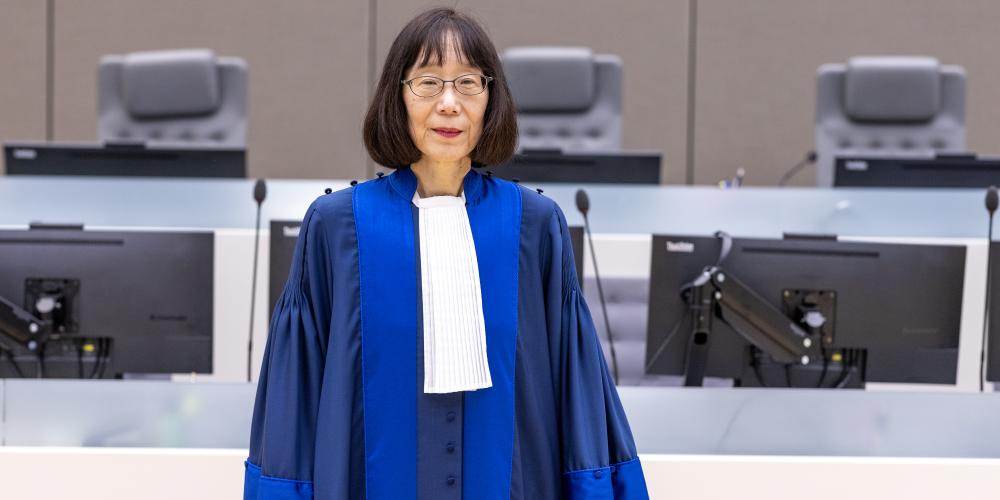ICC condemns US order imposing sanctions on its staff
On Friday, the President of the International Criminal Court (ICC), Judge Tomoko Akane, condemned an executive order issued by US President Donald Trump on Thursday, which imposed sanctions on ICC staff members.
The sanctions were triggered by the ICC’s issuance of arrest warrants for Israeli Prime Minister Benjamin Netanyahu and former defense minister Yoav Gallant, which the US deems illegitimate because Israel is not a signatory to the Rome Statute. The US further argued that the court must respect the principle of complementarity, asserting that Israel should be allowed to investigate and prosecute the claims. The ICC, however, has previously rejected these arguments, citing Palestine’s status as a state party to the Rome Statute.
Trump’s order freezes assets and restricts travel for ICC officials and their families, barring them from entering the US. This follows similar actions in the US House, where the “Illegitimate Court Counteraction Act” was passed, mandating the president to take similar actions against the ICC.
Akane described the executive order as part of a series of “unprecedented and escalatory attacks” aimed at undermining the ICC’s ability to dispense justice. She called these measures “threats and coercion” that represent serious assaults on the sovereignty of states parties to the Rome Statute. Akane further stressed the importance of the ICC in the world today:
“As atrocities continue to ravage the globe, affecting millions of innocent lives, the Court has become essential. It represents the enduring legacy of the suffering caused by world wars, the Holocaust, genocides, violence, and persecution. When the majority of the world’s states gathered to create the Rome Statute, they made a dream come true. Today, the ICC continues to pursue justice for victims worldwide, in strict adherence to the Rome Statute.”
A joint statement from 79 states party to the Rome Statute reiterated their “unwavering support for the independence, impartiality, and integrity” of the ICC. The statement highlighted the court’s vital role in prosecuting and ending impunity for international crimes, and warned that the sanctions could hinder its operations by potentially closing field offices and jeopardizing the safety and confidentiality of victims, witnesses, and court officials.























































